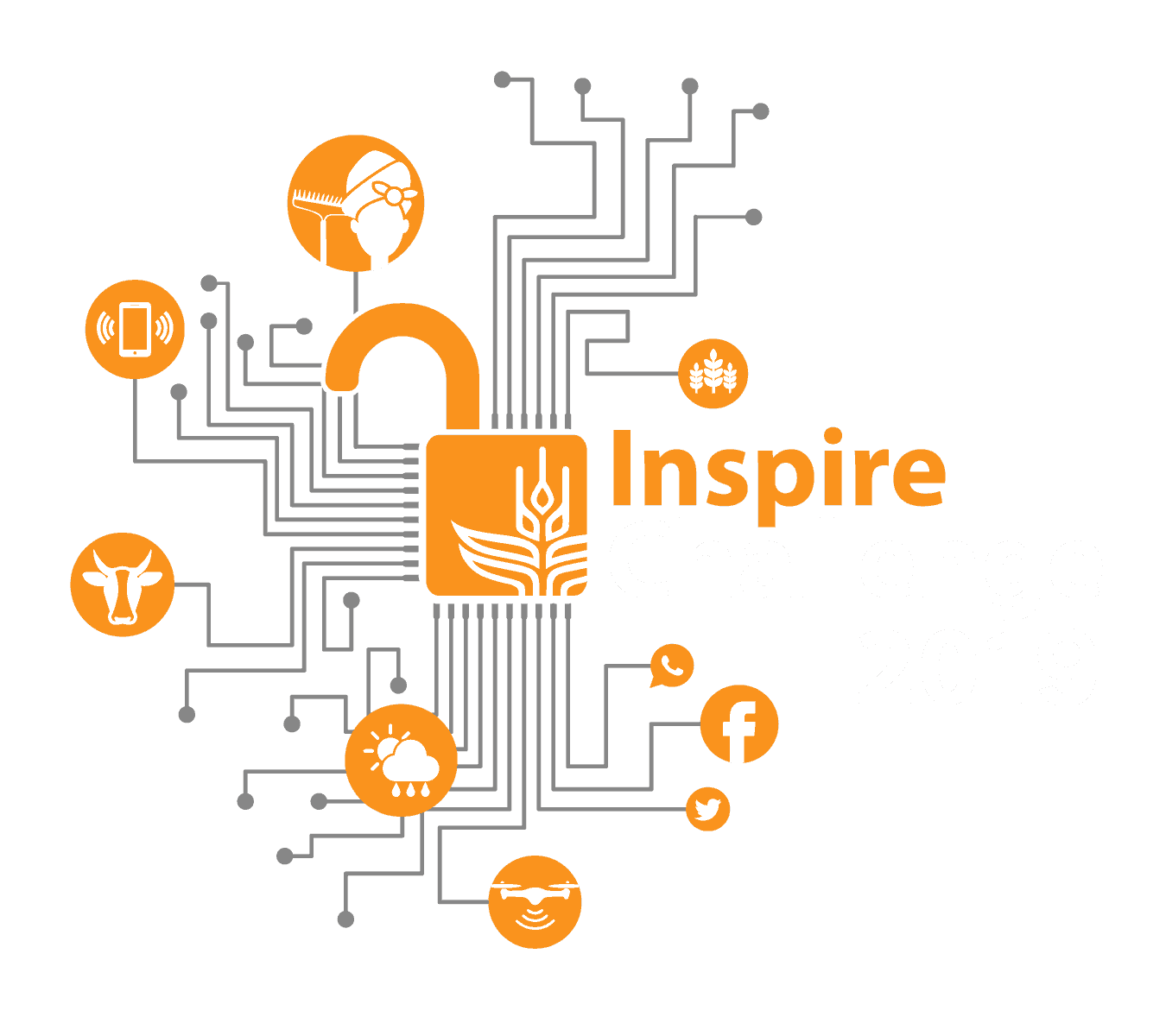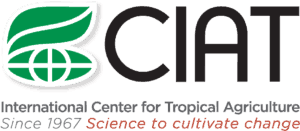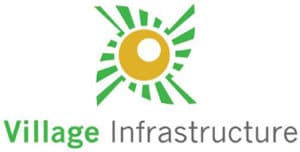2019 Finalist
One village, one mill
India and Kenya

One billion people lack electricity globally, mostly rural farmers in small villages. These people, disproportionately women, collectively spend billions of hours processing crops by hand (grinding flour with stones, beating rice with sticks, and threshing corn and beans by hand). Additionally, money is lost when processing is done with the assistance of a diesel-powered mill.
The project proposes to help deploy appropriately sized modern micro solar mills in an optimal way by developing a model combining big data sets of rural household locations with crop location. These 0.2-2kW micro mills allow cost-effective crop processing in villages of 30-100 households, are simple to use, clean, and easy to maintain.
One village, one mill will study CGIAR mandate staple crops with which partners in the project have extensive experience of, within their target country of preference (India for CIMMYT and Kenya for CIAT), and identify where off-grid, small-scale farmers in rural areas are located. HRSL data for Kenya has already been sourced, as has village-level geospatial data for all of India, which will be complemented by the project team manually mapping from satellite imagery high quality building location data in a subset region of off-grid India.
Combined with crop location and production data from our CGIAR partners and/or other sources, it will be possible to model to a last-mile level of detail never before accomplished a large-scale plan for solar mill deployment to help replace diesel mills and manual labour. This will be achieved by using “R” based algorithms to process the optimum cluster pattern of households that achieves the least number of mills required to enable service to 95-99% of households within two km (or similar distance) radius from a solar mill. This model can also be used more widely for other essential/productive services such as access to refrigeration, communications, purified water, power tools, etc.
Within the approach is also the ability to plan last-mile electricity access for each and every house, enabling an integrated development plan for not only energy and agricultural crop processing, but potentially much more. Launching this on a low-bandwidth-friendly cloud GIS system from Illustreets then allows massive collaboration and coordination potential, down to a last-house, last-mile detail.
Partners
The Inspire Challenge is an initiative to challenge partners, universities, and others to use CGIAR data to create innovative pilot projects that will scale. We look for novel approaches that democratize data-driven insights to inform local, national, regional, and global policies and applications in agriculture and food security in real time; helping people–especially smallholder farmers and producers–to lead happier and healthier lives.








